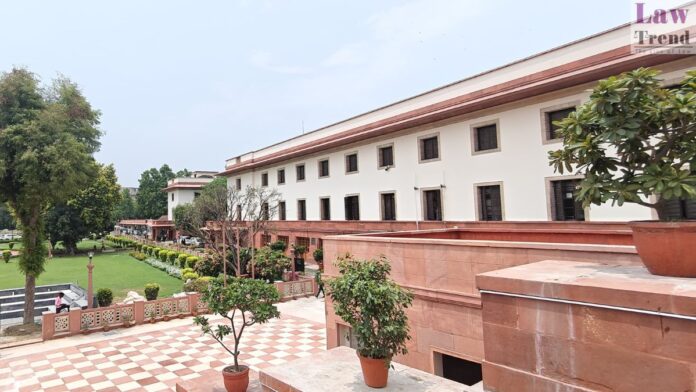The Supreme Court has categorically held that a transferee cannot claim protection under Section 53-A of the Transfer of Property Act, 1882, unless they conclusively prove the existence and terms of a valid sale agreement. The decision was delivered by a bench comprising Justice J.B. Pardiwala and Justice R. Mahadevan in the case of Giriyappa
To Read More Please Subscribe to VIP Membership for Unlimited Access to All the Articles, Download Available Copies of Judgments/Order, Acess to Central/State Bare Acts, Advertisement Free Content, Access to More than 4000 Legal Drafts( Readymade Editable Formats of Suits, Petitions, Writs, Legal Notices, Divorce Petitions, 138 Notices, Bail Applications etc.) in Hindi and English.




